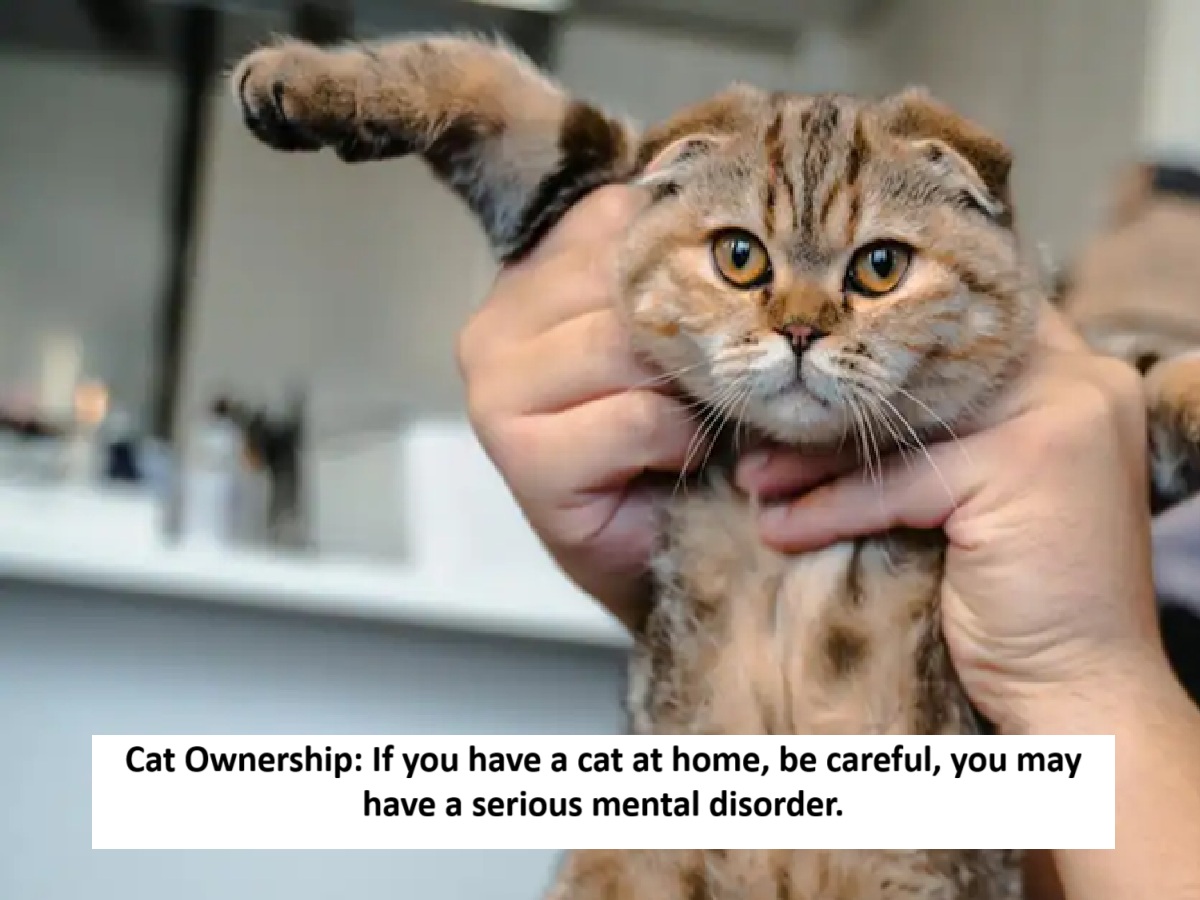
News Topical, Digital Desk : Cat Ownership Mental Health: Nowadays, people seem to love animals more than humans. But wait a minute. If you're a cat parent, it's important to be cautious. An analysis of 17 studies has shown that owning a cat can double the risk of mental illnesses like schizophrenia.
Scientists at the Queensland Centre for Mental Health Research in Australia have found a strong link between cat contact and psychotic illnesses. Let's explain what the research revealed.
What the study revealed
Psychiatrist John McGrath and his team reviewed 17 studies conducted over the past 40 years in 11 countries, including the United States and Britain. This meta-analysis, published in Schizophrenia Bulletin, found that people who had contact with cats were almost twice as likely to develop mental health problems later in life. The researchers found this pattern even after controlling for other factors.
Possible cause
The most widely discussed cause of this link is Toxoplasma gondii, a parasite commonly found in cats. It can enter the body through cat fecal matter, bites, or even through undercooked meat and contaminated water. Once inside, it can travel to the brain and affect neurotransmitters, potentially triggering personality changes, psychotic symptoms, or mental illness. However, scientists are also clarifying that a mere association does not prove causation.
Study limitations and implications
While doubling the risk may sound like a big deal, the picture isn't as simple. Fifteen of the 17 studies were case-control studies, comparing previously ill and healthy individuals rather than following them longitudinally. Such a design doesn't prove cause and effect. The quality of many studies was poor, and their results were inconsistent. Some studies even refuted this claim. For example, a study of college students in the US found no clear relationship between cat ownership and schizotypy scores. Another study found more psychotic-like symptoms in those bitten by cats. However, researchers believed that other bacteria may be involved.
Something different in these research
Not all research supports this connection. For example, a 2017 study from University College London followed 5,000 people from birth to age 18 and found no strong link between cat exposure and later psychotic symptoms. The study also controlled for factors such as socioeconomic status, further weakening the cat-schizophrenia theory.
What Cat Owners Should Understand
The latest meta-analysis doesn't prove that owning a cat causes schizophrenia. It only points to a possible risk factor. Researchers themselves say that larger, better-designed studies are needed to understand this link. If you have a cat, there's no need to panic. Some simple habits can be adopted, such as keeping the litter box clean, washing your hands after handling cat feces, and keeping your pet healthy.
Read More: Want to get rid of a sagging belly? Pyramid walking is the easiest way, read its benefits.
--Advertisement--

 Share
Share



